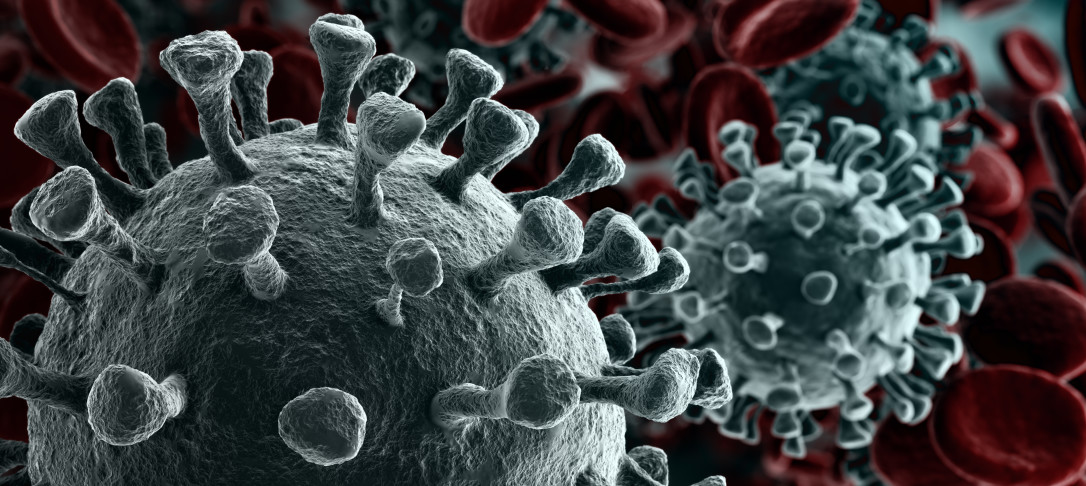
Imperial College Academic Health Science Centre (AHSC) is working at the forefront of research and patient care during the COVID-19 pandemic. In this seminar and as part of our series of AHSC Covid-19 seminars two experts will talk about their research to understand COVID-19 and find better treatments for it. This online seminar will be live and open to all.
Professor Peter Openshaw, from Imperial College London’s National Heart and Lung Institute, who is an Honorary Physician at Imperial College Healthcare NHS Trust, is one of three researchers leading Europe’s largest study analysing samples from COVID-19 patients to learn more about the disease and how it progresses.
Researchers are collecting blood samples and clinical data from COVID-19 patients in hospitals across the UK including St Mary’s and Charing Cross Hospitals, part of Imperial College Healthcare NHS Trust. This UK-wide study is called the International Severe Acute Respiratory Infection Consortium (ISARIC4C) study.
Preliminary analysis confirms that high blood pressure, coronary heart disease, obesity and chronic lung disease are risk factors that can lead to severe cases of COVID-19.
As they continue to collect samples, the team hope to uncover more about who is at higher risk of severe illness and why, what is the best way to diagnose the disease, what effects treatments have and what role the immune system has in protecting the body and, potentially, in causing harm.
Professor Openshaw will be joined by Dr Brijesh Patel, Clinical Senior Lecturer at Imperial College London and Honorary Consultant at Royal Brompton & Harefield NHS Foundation Trust. He is leading a trial to test a new AI device to help monitor the lung physiology of patient’s with severe COVID-19 pneumonia.
Patients with severe symptoms of COVID-19 may develop a condition known as Acute Respiratory Distress Syndrome (ARDS) – a life-threatening condition where the lungs cannot provide the body’s vital organs with enough oxygen and require mechanical ventilation.
Mechanical ventilation delivers a volume and pressure of gas for each breath and can vary oxygen levels. Selecting the correct oxygen, pressure and volume settings is important, as incorrect settings can harm the patient, and result in an increased time connected to the ventilator. If despite mechanical ventilation, the patient’s oxygen levels are low then patients may be placed on an artificial lung machine called extracorporeal membrane oxygenation (or ECMO), a service delivered by the Royal Brompton Hospital.
The DeVENT trial is testing a new AI device called the Beacon Care system which is connected to a ventilator and advises the healthcare staff on how to best set the ventilator. This system is based on mathematics which describes the patient’s disease and could provide ventilator settings which better suit the individual. In addition, to understanding the severe physiology of these patients with this device, the DeVENT study is also collecting samples and images of patients lungs with the hope to understanding new mechanisms of lung failure.